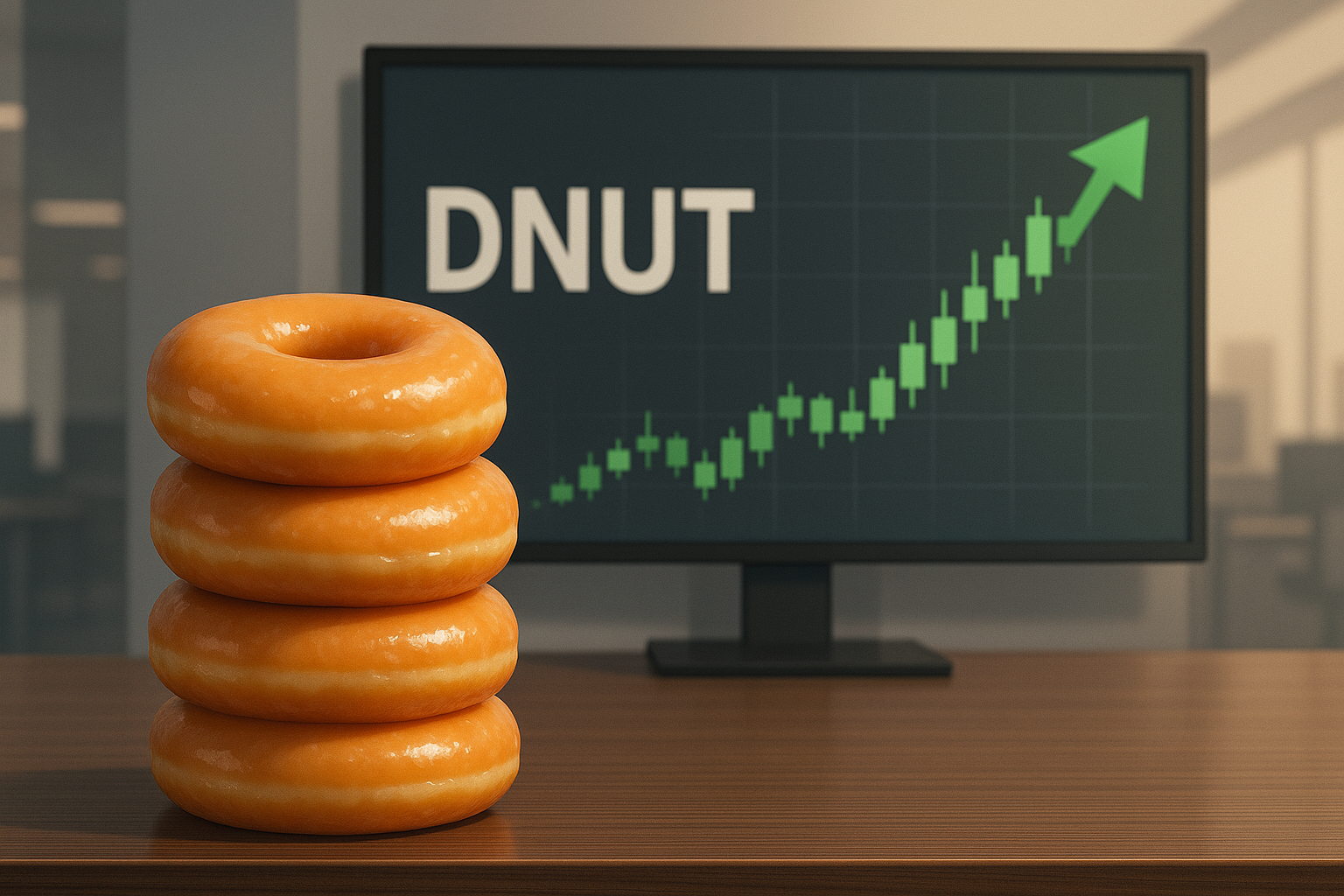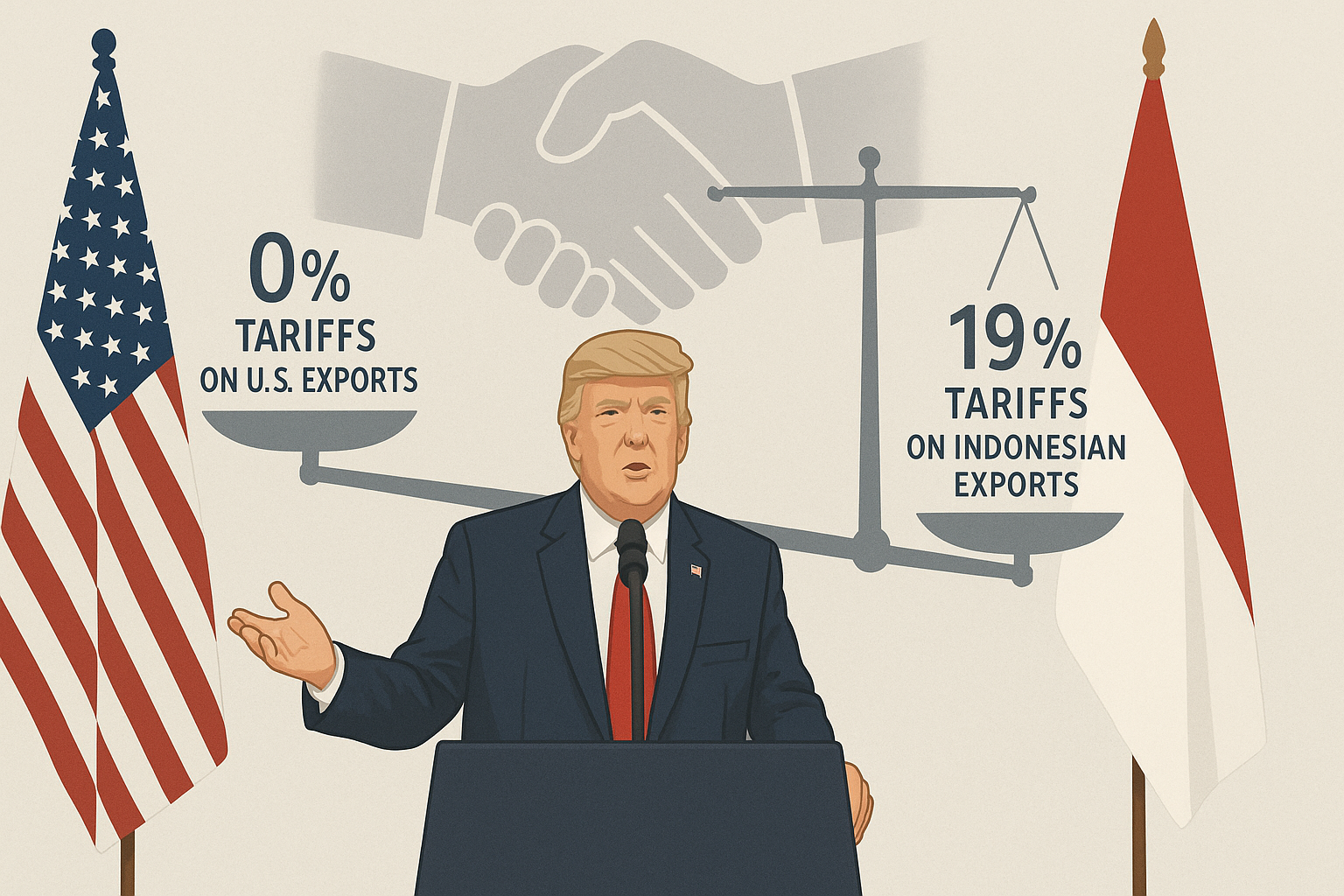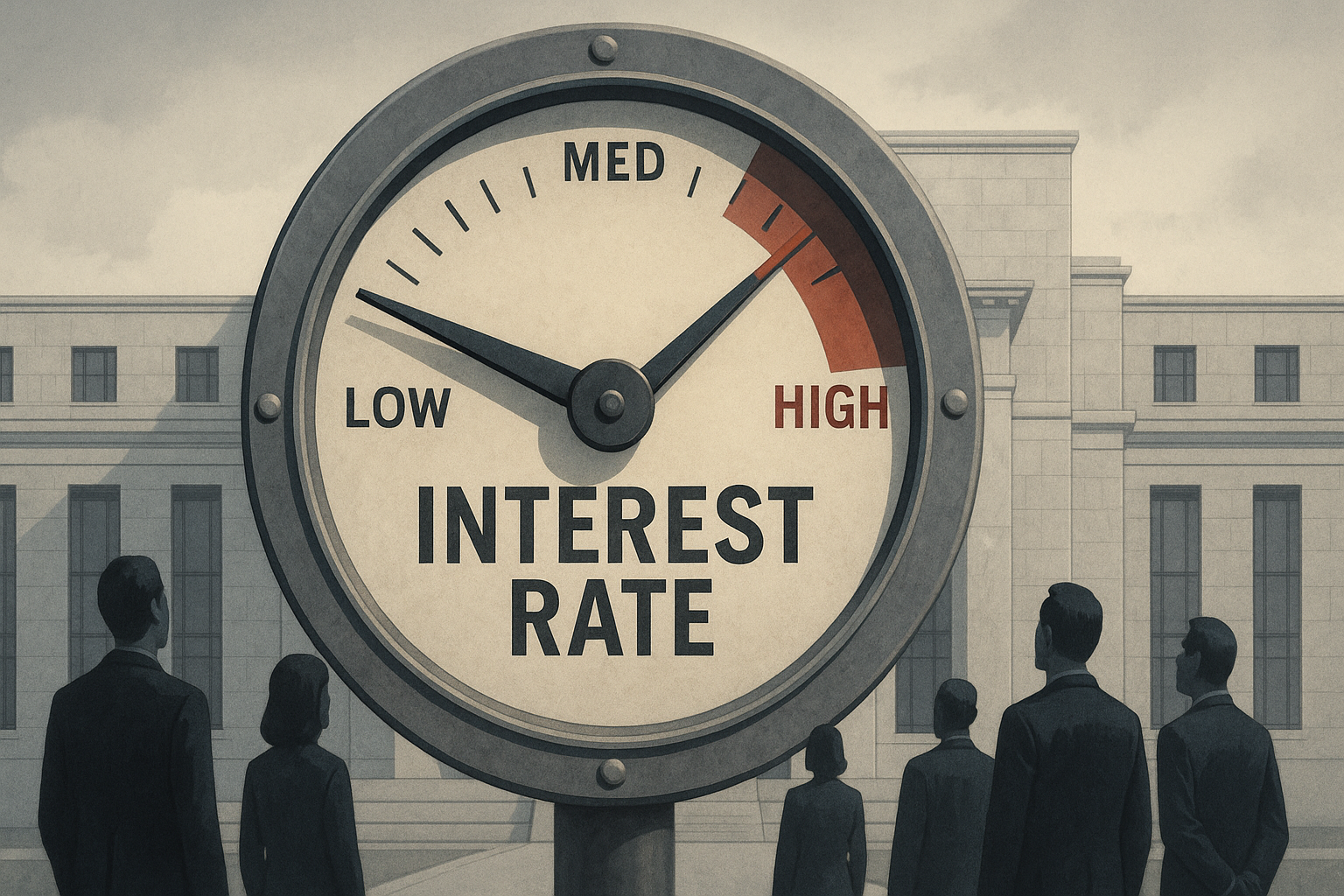The 2025 stimulus checks are coming (finally!), and they're already causing ripples across financial markets. With inflation still running hot and the Fed trying to thread the needle on interest rates, these checks are arriving at a complicated economic moment.
Let's get to the meat of it - eligible Americans will receive $1,200 each, which is pretty much in line with previous rounds. The government expects this to boost consumer spending by about 0.5% in Q3, which sounds small but actually represents billions flowing through the economy.
I've been tracking inflation numbers closely, and with rates still hovering around 6% (yikes), there's legitimate concern about whether pumping more money into the system is the right move. But try telling that to families still struggling with grocery bills that are 22% higher than pre-pandemic levels.
Jane Cashflow at Global Insights - who's usually pretty measured in her takes - didn't mince words when we spoke last week: "The 2025 stimulus checks are a double-edged sword, offering immediate relief but potentially exacerbating long-term inflationary pressures."
What's driving this round of stimulus? The labor market recovery has been weirdly uneven - we've got record job openings in some sectors while others are still laying people off (looking at you, tech industry). And don't get me started on the supply chain - just when we thought things were normalizing, the shipping disruptions in the Red Sea threw another wrench in the works.
The global implications are interesting too. Countries that export heavily to the US - think Vietnam, Mexico, and parts of Europe - are quietly cheering these checks on. More dollars in American pockets often means more imports.
For investors, I'd suggest watching how retailers report sales in August and September - that'll be the first real indicator of where this money is going. And keep an eye on the Fed's language after their September meeting - they might feel pressure to counteract any inflationary impact.
Bottom line? The checks will help in the short term, but they're no silver bullet for the structural economic challenges we're facing in 2025.



